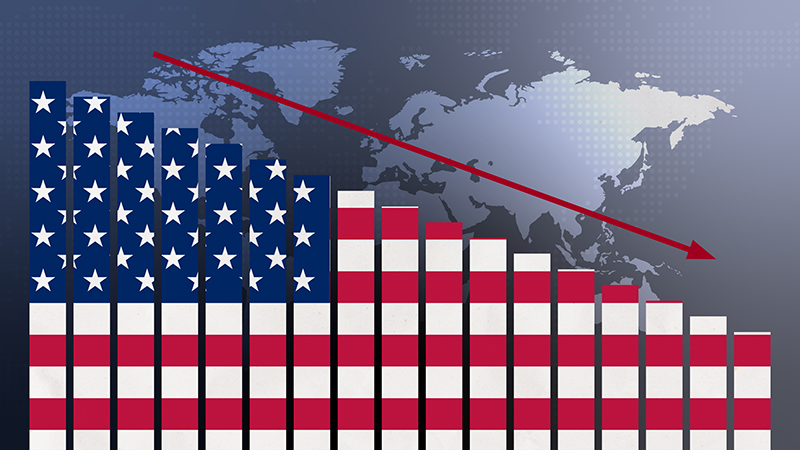Bond managers have floundered amid the uncertainty of the Covid crisis compared with their equity counterparts, with two thirds of active funds failing to top their benchmarks in the first half of the year, according to research from Lyxor Asset Management.
Its latest Active-Passive Navigator report, compiled by the Lyxor ETF research and solutions team, showed only a third of EU-domiciled active fixed income funds were able to beat their benchmarks net of fees in H1 2020.
This stands in sharp contrast to active equity funds where more than half (53%) were able to beat their benchmarks on average.
“Conventional wisdom is that active managers aim to protect portfolio performance during periods of heightened market volatility,” Lyxor head of ETF research and solutions Vincent Denoiseux said.
“A sizeable number of equity managers have indeed been able to successfully navigate one of the most volatile market environments in recent history. However, the picture for fixed income has been much less compelling.”
Rough ride for sovereign and investment grade managers
“H1 was clearly a very rough ride for fixed income managers,” Jean-Baptiste Berthon (pictured), senior cross-asset strategist at Lyxor said.
“Early this year global growth was starting to pick up with trade wars and Brexit uncertainties starting to depose and central banks were also less active. Two months later managers suddenly faced a collapse in yield, and a massive credit crunch.”
Following on from this most bond managers failed to keep up with the record levels of monetary and fiscal stimulus unleashed by central banks and governments globally, which kept yields grounded and sent prices soaring.
Against this backdrop sovereign funds suffered the most with only 21% of US government bond managers and 24% of European sovereign managers able to beat their benchmarks.
Investment grade managers similarly struggled over the period though not as badly. Around 35% of European corporate bond funds and 39% of US corporate bond funds beat their benchmarks.
In the second quarter both sovereign and investment grade funds recouped some of their losses, Berthon said. European focused managers tended to do better as they were able to arbitrage diverging country situations due to the handling of the pandemic, he added.
High yield and EM debt benefit from high dispersion in bond prices
Among fixed income funds high yield and emerging debt managers stood out.
European high yield managers in particular had the best track record in the active fixed income category, with a 51% hit ratio in H1, compared with US high yield managers which only outperformed 40% of the time.
Hard currency EM debt managers were the second most consistent group as 41% beat their benchmarks.
Both sets of managers benefited from a wide dispersion in asset prices as there was a clear breakdown of winning and losing sectors and countries amid the virus crisis.











